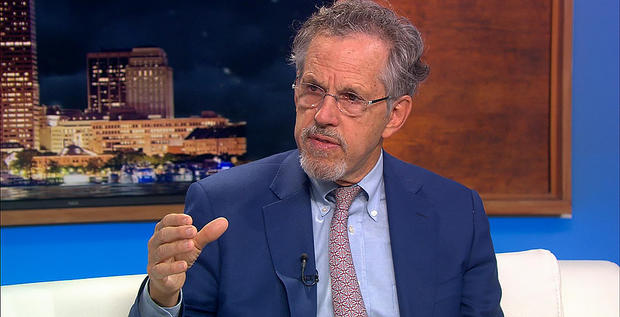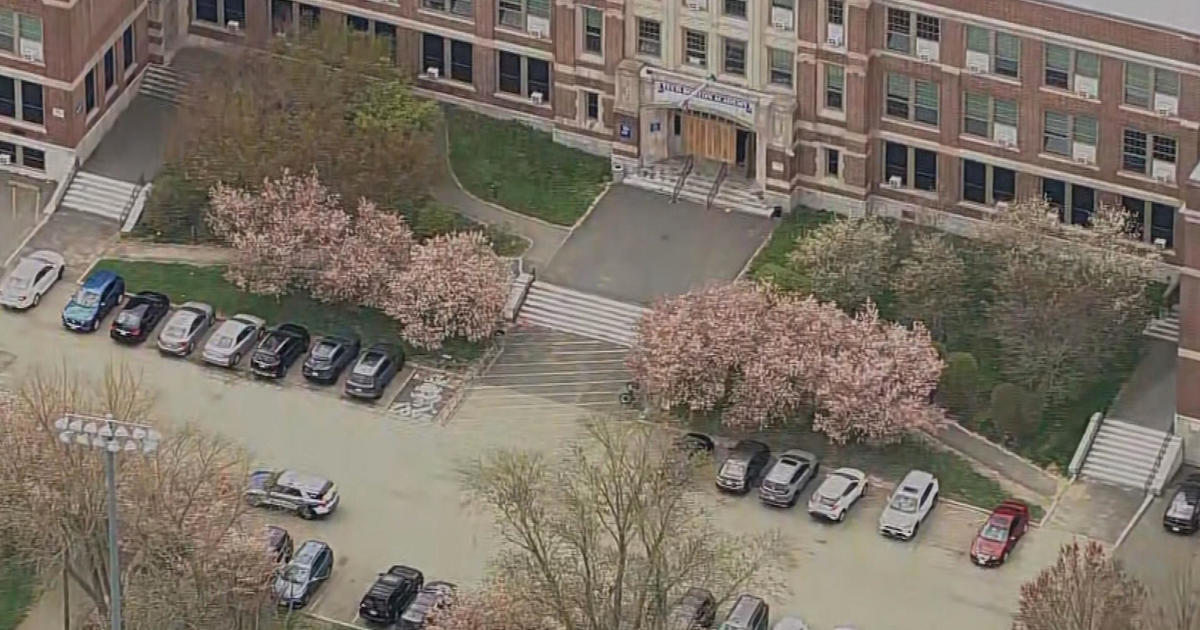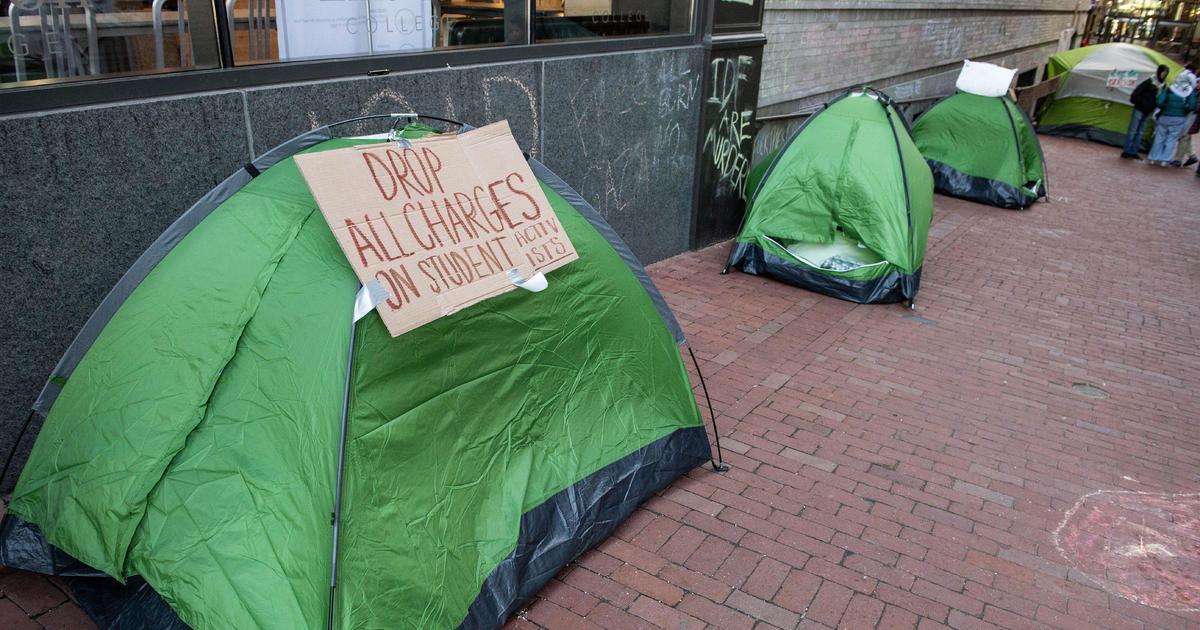New Project Aims To Improve Outcomes For School Children
BOSTON (CBS) - Friday marked 65 years since the landmark Supreme Court ruling in Brown vs. Board of Education, which declared that school segregation is unconstitutional.
However, there have been some signs that segregation is on the rise, but former Commissioner of Education in Massachusetts Paul Reville, who is now at the Harvard Graduate School of Education has a plan to create success for all students.
Reville said that while it took a while for desegregation to kick in, progress was made in the 1960s and 1970s, but as pressure on communities to desegregate relaxed, progress began to backslide.
"It shows the remarkable resilience of segregationist tendencies in our society, many of which follow the patterns of housing and where we live, where people choose to live. I often say that the biggest form of school choice that exists isn't charter schools or public school versus private school, it's where you choose to live."
The Boston Globe reported that more valedictorians in Boston high schools end up homeless than in medical school. Reveille described the reason for such shocking statistics as "complex."
"What you find if you bear down on those stories and look at them closely is that the circumstances of the lives of those students, the effects of poverty, economic disadvantage, the challenges of being the first person in your family to go to college, financial challenges, academic challenges, interpersonal challenges that arise. If you don't have much wealth, you tend to lack the elements of resilience that enable you to survive crises in college, so a number had dropped out of college or had to forestall completing their college education because distractions arose in their personal lives that pulled them away from focusing on academic success."
The Redesign Lab at the Harvard Graduate School of Education has an individual plan idea that is more comprehensive than an Individual Education Plan. In fact, said Reville, it's more like a child development record.
"Starting at birth, the adults focused on this community – the family, the educators – come together and say, what does this child need? Inside and outside of school in order to achieve well being and school success? And we begin planning in early childhood to meet the needs of that child."
For example, Reville said, if a child has access to early childhood education, then that doesn't need to be the focus of that child's plan. However, another child may need a plan to provide early childhood education.
The plan is being piloted at seven cities across the United States for the last year. The goal is to create a holistic approach to each child.
"It's like naming the problem, naming the challenge, so if we both sort of symbolically and practically make adults aware that these needs exist - inside and outside - of school and that there are elements an agencies in the community who can address them .... we have the first step toward bringing about solutions and preparing young people, again, to come to school every day ready to learn."




